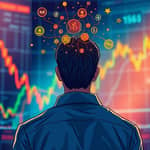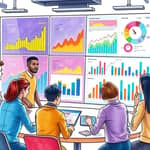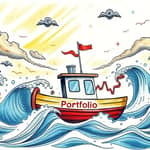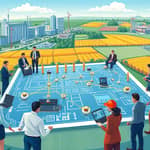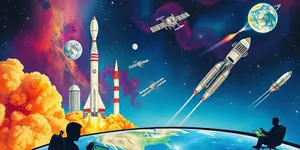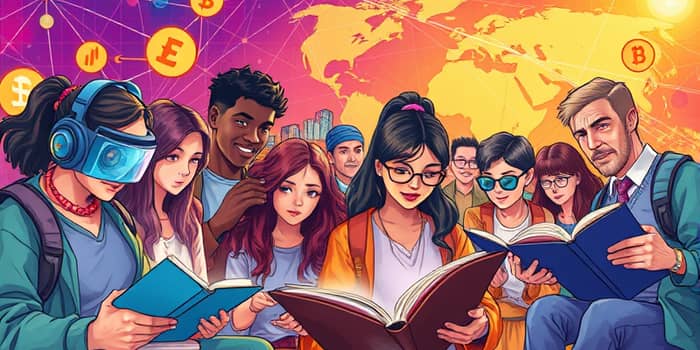
As the landscape of education undergoes rapid transformation, the intersection of learning and economics reveals both challenges and unprecedented opportunities. By 2025, the world will witness a convergence of classroom innovation, workforce demands, and global trends that redefine how knowledge translates to economic growth. Understanding these shifts is essential for policymakers, educators, and learners striving to thrive in a dynamic environment.
The next wave of educational change emphasizes relevance and agility. Institutions are no longer just knowledge hubs; they are catalysts for economic resilience and personal advancement. Key trends are reshaping curricula, delivery methods, and credentialing systems.
This shift toward modular, skill-based education allows learners to stack credentials, pivot careers, and adapt to emerging sectors.
Investment in education drives returns well beyond individual earnings. Nations that prioritize learning infrastructure cultivate human capital, spur innovation, and ensure long-term prosperity.
Every additional year of schooling correlates with higher productivity and increased wages, reinforcing education’s role as a key economic lever. Governments and private sectors alike benefit from stronger workforces and reduced social welfare costs.
In an era of accelerating change, foundational knowledge alone is insufficient. Workforce readiness demands a blend of technical, cognitive, and socio-emotional competencies that equip individuals for uncertain futures.
Bridging the gap between education and employment requires strong partnerships between academia and industry. Apprenticeships, co-op programs, and corporate-sponsored microcredentials illustrate how hands-on experience complements theoretical study.
Despite promising growth, stark disparities persist. Over 250 million children remain out of school, with sub-Saharan Africa bearing the most severe burden. Even enrolled students often struggle to attain basic competencies.
In low- and middle-income countries, seven in ten children cannot read or comprehend a simple paragraph by age ten. These learning shortfalls limit individual potential and perpetuate cycles of poverty and underemployment.
Education systems also face environmental and geopolitical disruptions. Conflict zones displace educators and learners, while climate change threatens infrastructure and diverts resources. Addressing these inequities demands coordinated global action and sustainable funding models.
As we look ahead, aligning education with broader development goals is both a moral imperative and an economic strategy. The United Nations’ Sustainable Development Goal 4 underscores quality education as foundational to peace, health, and prosperity.
Organizations like the OECD advocate for competency frameworks that foster creativity, collaboration, and citizenship. By embedding these competencies in national standards, countries can produce graduates equipped for the complexities of the 21st-century workforce.
Adaptation and resilience in education systems will determine our collective capacity to overcome future shocks, from pandemics to automation. Investing in teacher training, infrastructure, and digital literacy ensures that learning remains uninterrupted and relevant.
In conclusion, the evolution of education is a powerful economic engine that can drive equity, innovation, and growth. By staying attuned to labor market trends, addressing global disparities, and fostering essential skills, stakeholders can build learning ecosystems that serve individuals and societies alike. The future of work depends on our ability to craft education systems that are flexible, inclusive, and forward-looking, empowering every learner to contribute meaningfully to a rapidly changing world.
References
